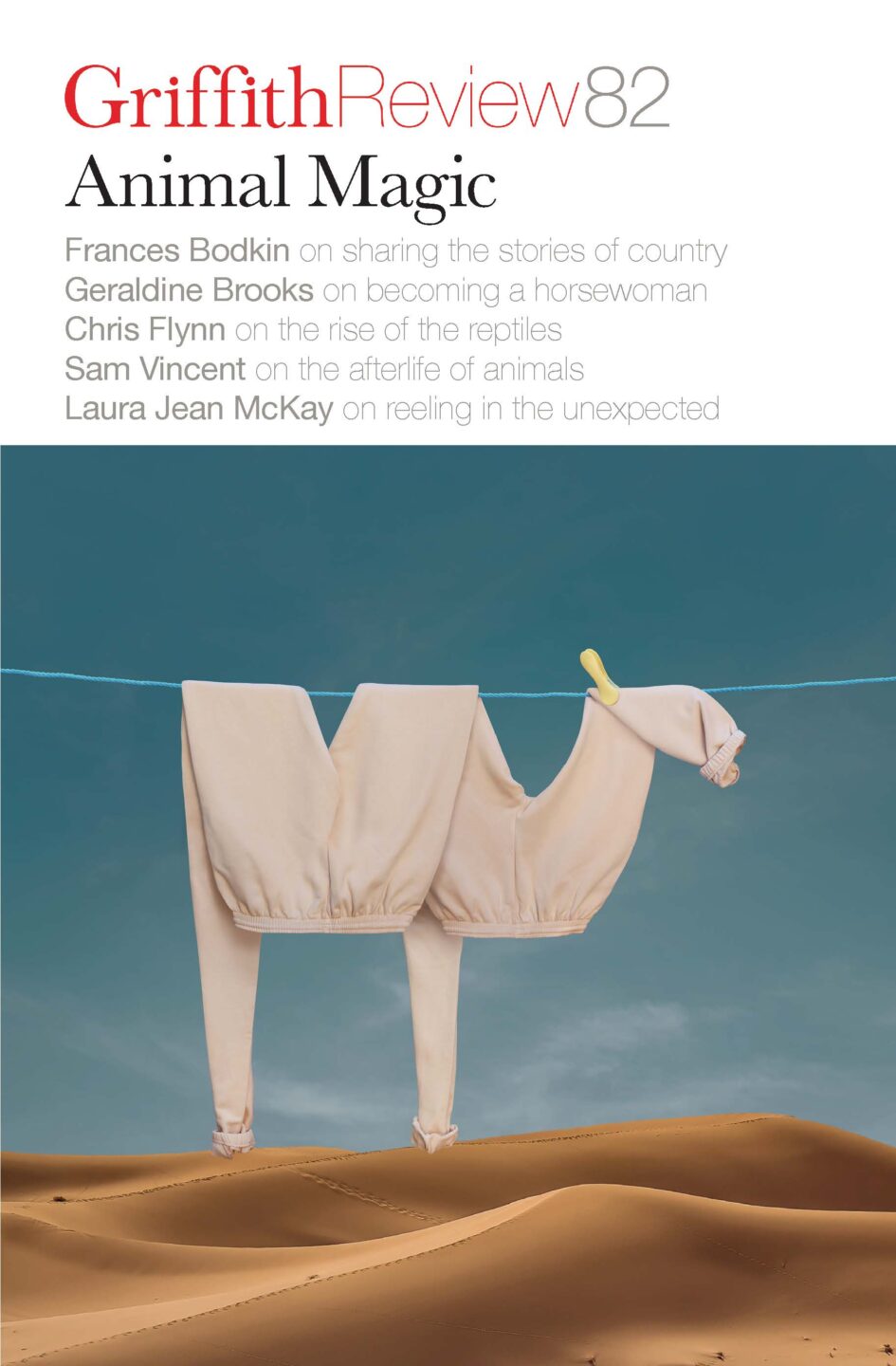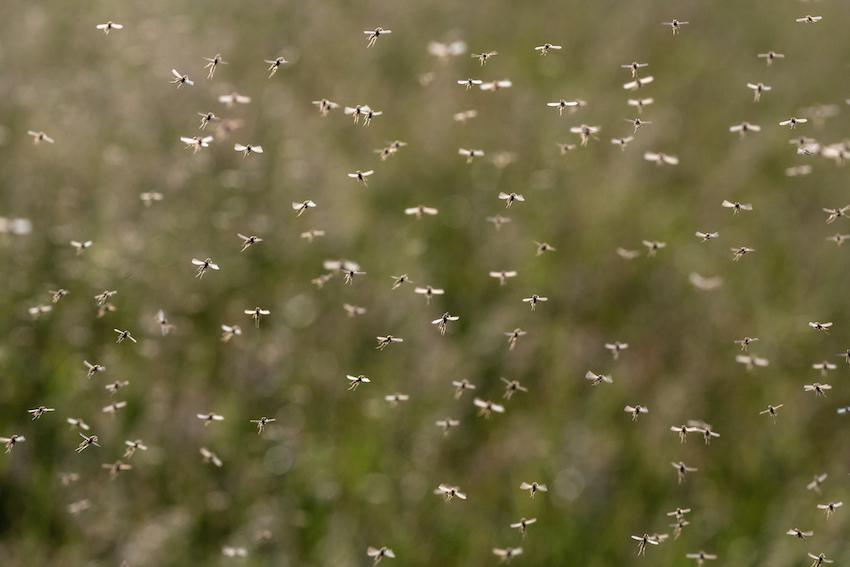Featured in

- Published 20231107
- ISBN: 978-1-922212-89-4
- Extent: 208pp
- Paperback, ePub, PDF, Kindle compatible


Already a subscriber? Sign in here
If you are an educator or student wishing to access content for study purposes please contact us at griffithreview@griffith.edu.au
Share article
More from author

Hidden tracks
Non-fictionYoung and Kucyk are as good at tracking down hard-to-find people as they are at tracking down hard-to-find music, although sometimes they do reach dead ends. Their methods aren’t particularly advanced and are often helped by luck. Sometimes they’ll raid the White Pages. Sometimes they’ll search for relatives of musicians online. Sometimes – as in the case of another song on Someone Like Me – they’ll scour through five years’ worth of archived weekly newsletters from a Seventh Day Adventist Church in the UK and Ireland and spot a tiny article that contains the full name of a mysterious musician they’re trying to find.
More from this edition

Fly on the wall
In ConversationAnimals are extremely important and extremely neglected in our public discourse. We’re not even paying enough attention to human rights and human justice issues, and we’re paying next to no attention to non-human rights and non-human justice issues. That doesn’t mean that we don’t care – people do care about animals, and they want animals to have good lives – but we’re either unaware of or unwilling to acknowledge all the pain and suffering that animals experience as a result of human activity.

The rabbit real
Non-fictionI know you want to ask me if I had a difficult childhood, if I suffered physically or mentally in any way that might swerve from the ‘normal’ pattern of development. But I have nothing to report: no tales of abuse to exploit through memoir; no scars to split open for internal poking. I had friends when I wanted them but was also happy when alone with the rabbit.

felix and jango
Poetry two black cats patrol our street felix and jango I can’t tell them apart when I see one of them walking past I say, ‘hey felix or jango’ they...